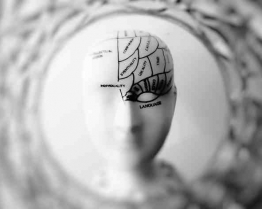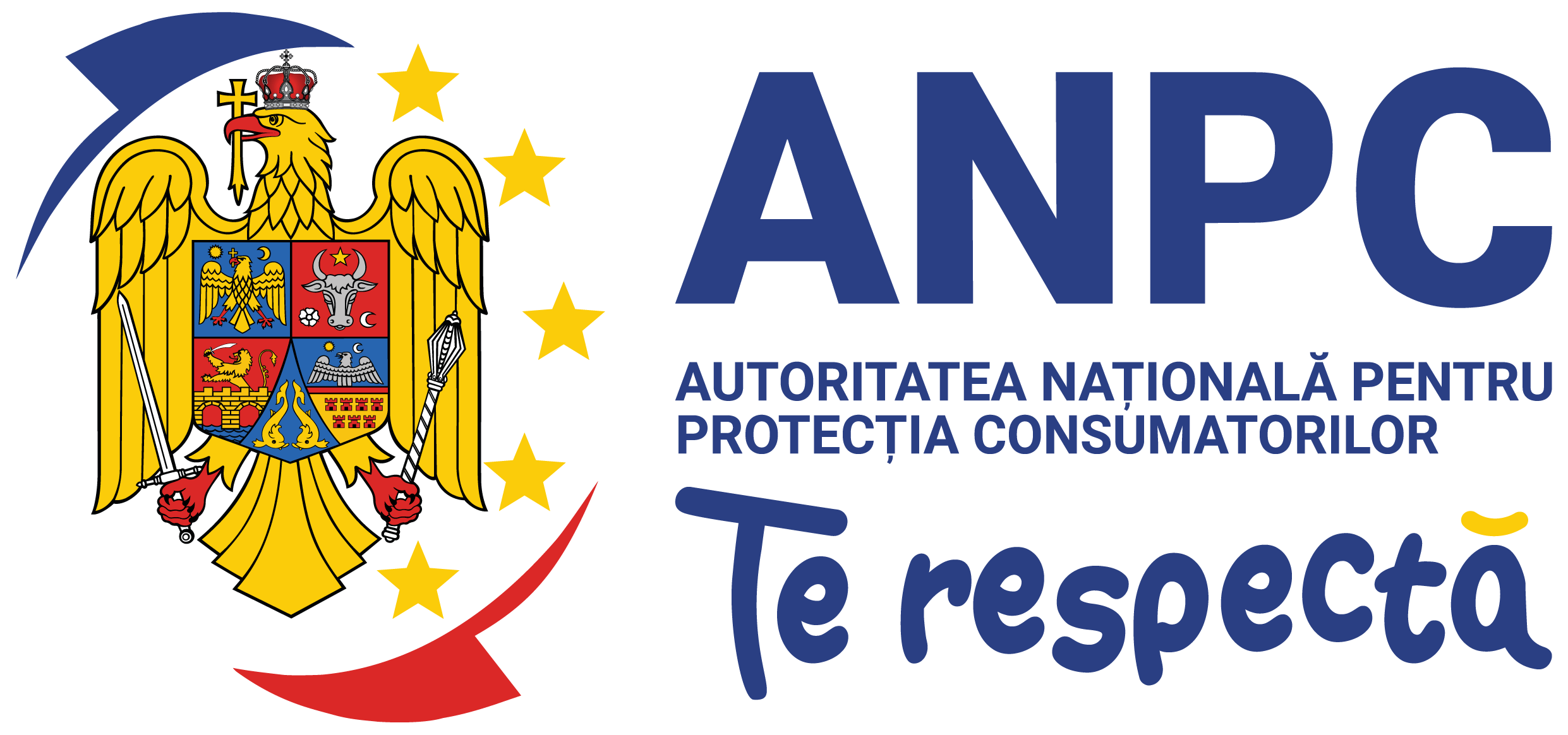1. Economic decision-making
This lesson is an introduction to behavioural economics. We cover basic axioms of preference, utility maximization, decisions under risk, risk aversion, loss aversion, temporal discounting, trust and cooperation, prospect theory, opportunity costs, decoy effect, sunk costs, and anchoring.
2. Models of decision-making
This lesson is an overview of models of decision-making. We cover the basic distinction between model-based and model-free reinforcement learning, Bayesian inference, evidence, prior, likelihood, optimization, generative model and cost function.
3. Neurobiology of decision-making
This lesson introduces brain imaging techniques such as fMRI, EEG, MEG, TMS and single-cell recordings and their application in investigations of the reward system. We look at general linear models used in fMRI research, the application of parametric modulators and the problem with correlated regressors.
4. Biases and errors in decision-making
In this lesson, we look at biases of human decision-making, confirmation bias, Dunning–Kruger effect, cognitive dissonance, framing effect and endowment effect. We also look at errors in statistics, type I vs type II error, survivor bias, selection bias and collider bias.
5. Two-systems decision-making
In this lesson, we cover a large catalogue of dichotomies in decision theory and psychology, goal-directed vs habitual decision-making, model-based vs model-free control, analytical vs intuitive decision-making, declarative vs procedural learning, and experienced utility vs decision utility.
6. Case-study: Irrational decision-making in humans
In this lesson, we go through an example of neuroimaging research. We start from the initial observation of suboptimal human behaviour, then go through theory, psychology and modelling to the final identification of the brain mechanism responsible for irrational decision-making in humans. This lesson can also serve as a model for a Journal Club, i.e. a lab meeting in which research students present a journal article in detail to their colleagues, which prospective graduate students will need to learn.
7. Evolutionary Perspectives
In this lesson, we examine how human decision-making has evolved, how behaviours that are seen as irrational may have an evolutionary basis and how human tendencies in decision-making are shared with other animals. We will look at comparative studies of economic decision-making and discuss the origin of faith-based reasoning.
8. Paradoxes of choice
In this lesson, we look at everyday instantiations of the theory covered in the course. We go over different strategies of decision-making and coping mechanisms that may be used to prevent failure in rational decision-making that is hardwired into the human brain.




 Perioada:
Perioada:
 £700
£700





